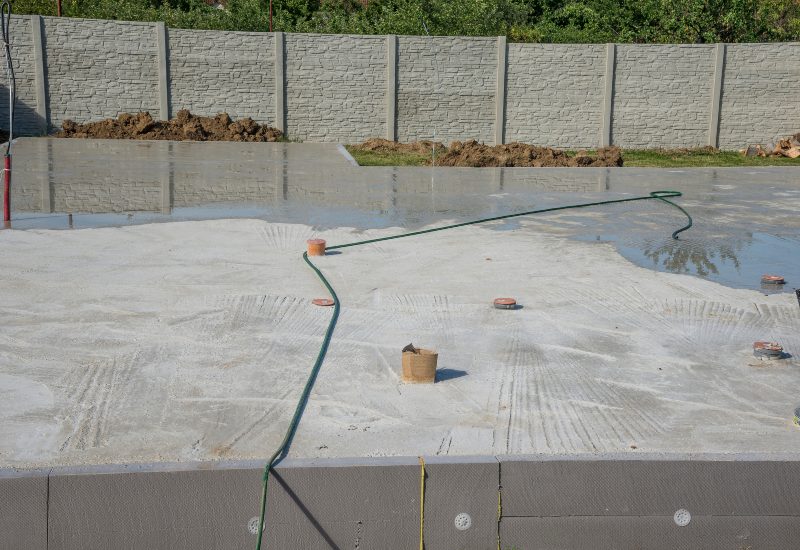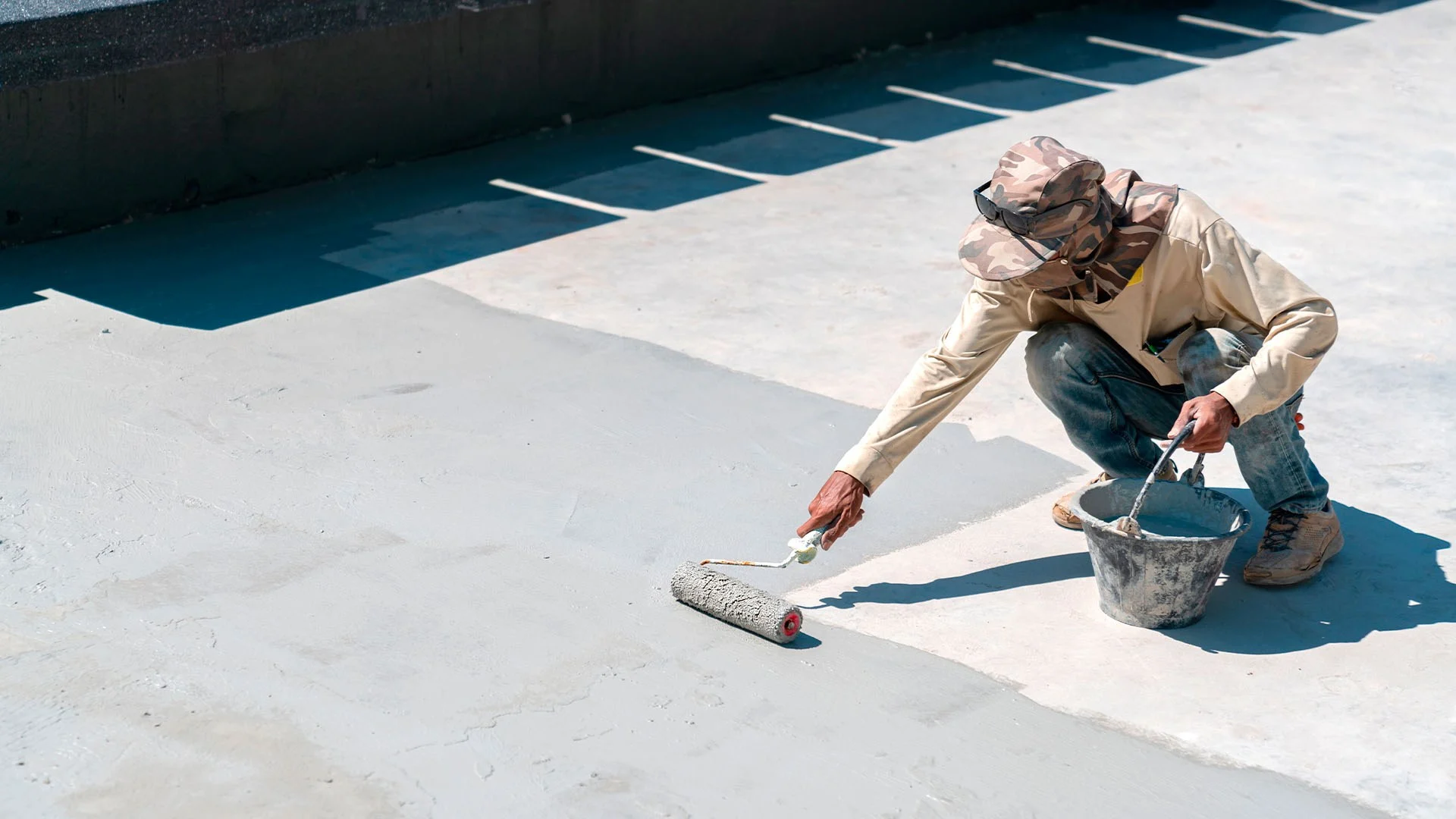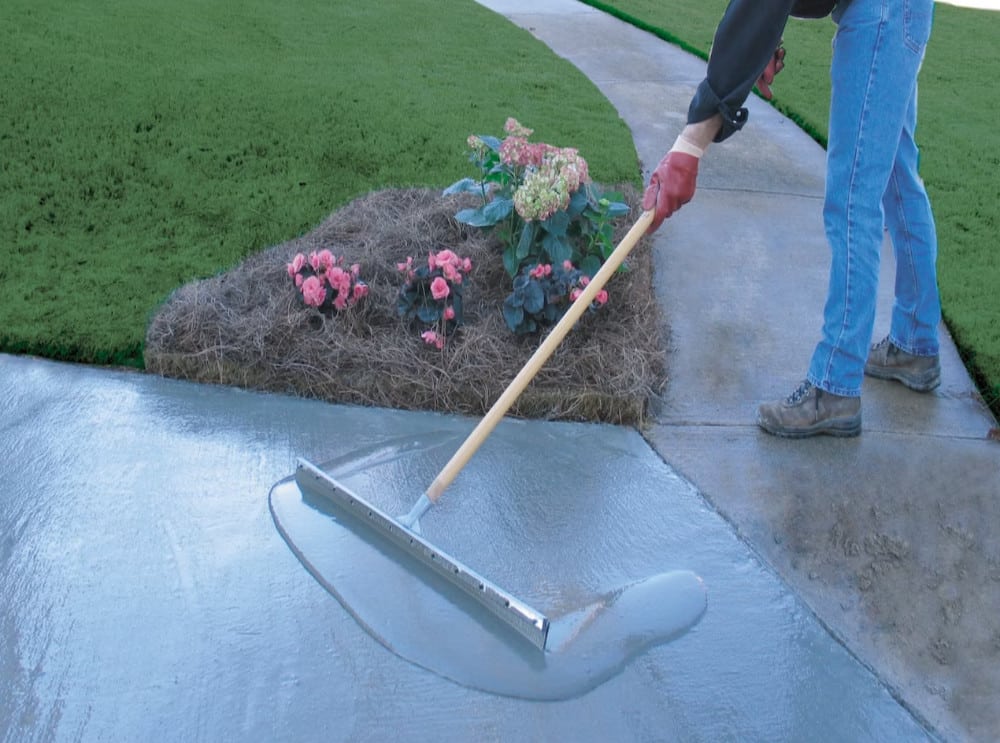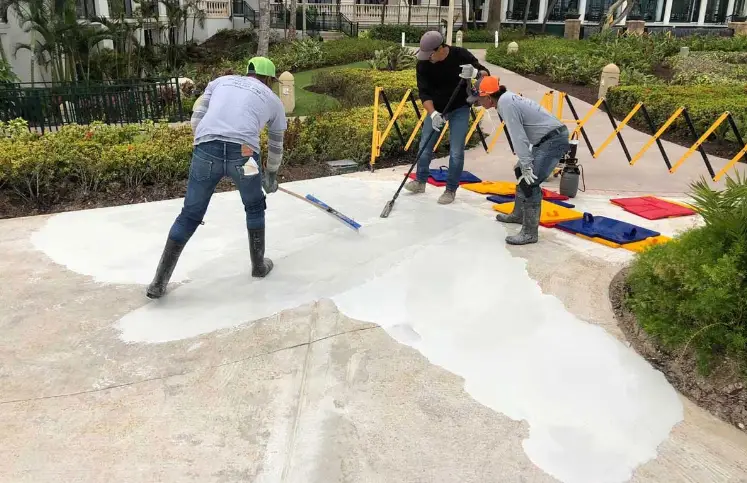Resurfacing old concrete is a fast and inexpensive method of bringing the look and functionality of worn out surfaces back without having to replace them entirely. This is a method of applying a thin layer of material over existing concrete that can greatly improve its durability, appearance, and safety. In this article, we will discuss why resurfacing the old concrete is better than replacing it.
Introduction to Concrete Resurfacing
Concrete resurfacing is the process of overlaying a new layer on top of existing concrete surfaces. This can be used for all kinds of structures such as floors, driveways, patios and walkways. The main objective is to make the surface look better by covering up blemishes such as cracks or discoloration, as well as to make it more resistant to wear and tear.
Difference Between Resurfacing and Replacing Concrete
Demolishing the existing structure and laying new foundations is a time consuming and expensive process of replacing concrete. However, resurfacing involves the rejuvenation of the current surface by applying a protective layer on top without removing any material underneath. However, resurfacing is an attractive option for quick fixes with minimal disruption due to this distinction.
Benefits of Concrete Resurfacing

1. Cost-Effectiveness
Resurfacing is one of the most cost effective ways to deal with a worn out heart valve. The resources (labor and materials) needed to demolish old concrete are substantial. On the other hand, resurfacing does not have these costs as it works with what is already there. The fact that it offers an affordable solution for updating commercial spaces such as basements or auto shops makes it a good choice.
2. Quick Turnaround Time
The results of concrete resurfacing are immediate and faster than full replacements. This method is typically ready for use in the areas treated within days after application, sometimes only one day after completion in some cases. This quick turnaround helps reduce downtime in operational environments like hospitals or laboratories, where there is a constant activity.
3. Enhanced Aesthetics
Concrete resurfacing not only looks better, but it also can be customized, like color matching and pattern designs (i.e. marble or granite finish). The aesthetic improvements can add a lot of value to the property when selling commercial buildings as it shows the potential buyers visually pleasing spaces that need less maintenance upfront.
4. Durability
The resurfacing materials are made to be extremely durable (many times stronger than the original slabs) and stain or tire mark resistant due to their composition (fine sands, cement modifiers). Long lasting protection against environmental factors such as extreme temperatures or chemical exposure allows for long life under heavy usage conditions.
5. Safety Features
Cracks leading to tripping accidents or slippery conditions during wet weather are also safety hazards associated with worn out surfaces[9]. Addressing these issues with effective sealing techniques (including non slip coatings) guarantees you safer walking conditions no matter the weather condition, which is a key factor when it comes to outdoors where traction is most important during rain storms.
Process Overview: How To Resurface Worn Concrete

DIY enthusiasts may be able to get by with moderate skill (about three out of five), but professional assistance is usually more successful since practice is required for the trowelling techniques used here.
Step-by-Step Guide:
- Preparation: Clean thoroughly with high pressure washers and if there is mildew, remove it.
- Patching: Minor cracks should be patched before new layers are applied.
- Application: Spread evenly across prepared surfaces using specialized tools designed specifically around handling thick mixtures effectively without leaving air pockets behind them which could weaken overall strength post-drying stages later down line once fully hardened again after several hours depending upon ambient temperature levels present outside during work sessions conducted outdoors mainly under favorable climatic settings ideal between seventy-five degrees Fahrenheit maximum limit upwards till lower bounds set just above freezing point mark itself respectively speaking here now moving forward next onto final stages involving finishing touches added atop freshly laid coats still soft enough allow easy manipulation via hand tools available locally everywhere nowadays thanks advancements made possible through modern technology innovations brought forth recently within past few decades alone thus far anyway moving right along now…
Materials Needed:
- Pressure washer
- Protective gear
- Mildew remover
- Patching compound
- Trowel
- Leveling tool
Challenges Associated With Replacement vs Resurface Decision-Making Process

However challenging these choices may seem at first glance upon closer inspection there exist clear-cut differences separating one approach from another allowing informed decision-making processes unfold smoothly devoid unnecessary stressors typically associated uncertainty surrounding major construction projects undertaken large scale operations requiring significant investments both financially emotionally too often times leaving lasting impacts lives people involved directly indirectly alike forever changing landscapes literally figuratively speaking same token…
In conclusion:
Resurfacing your old concrete offers numerous benefits over complete replacement—it’s cost-effective; provides quick results; enhances aesthetics; increases durability; ensures safety features like non-slip coatings; extends lifespan while protecting against environmental factors such as extreme temperatures & chemical exposure among others making it an ideal choice when dealing minor damages wear & tear scenarios rather opting full-scale renovations involving demolition rebuilding everything ground up starting scratch anew each time something goes wrong somewhere somehow someway shape form manner whatever case may happen turn out eventually end day…

